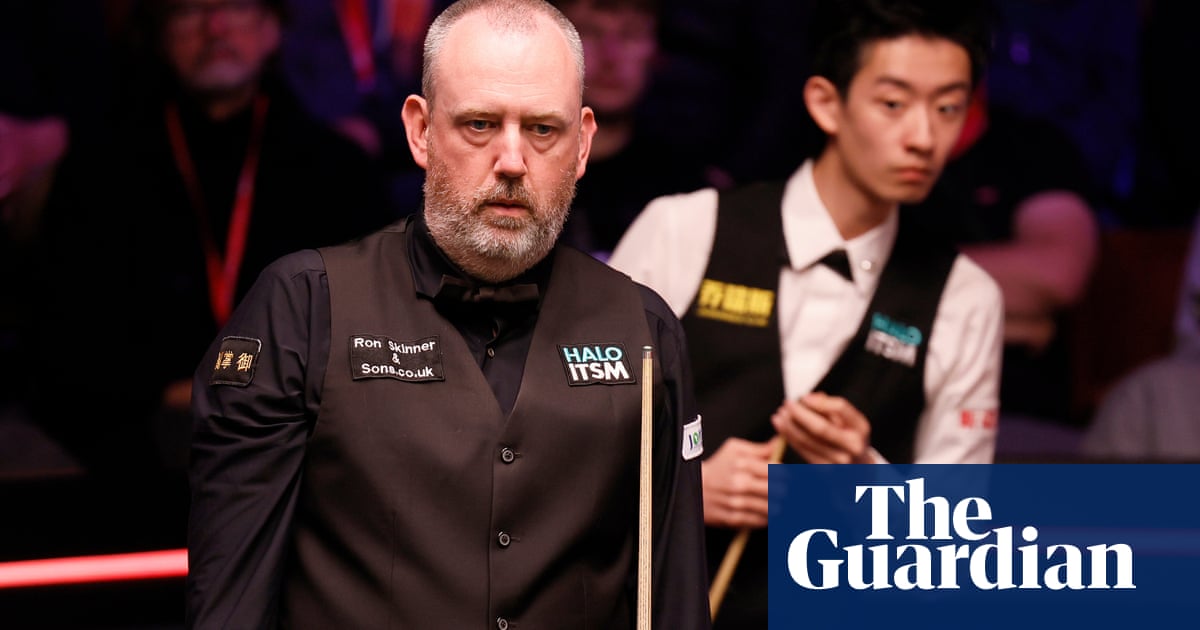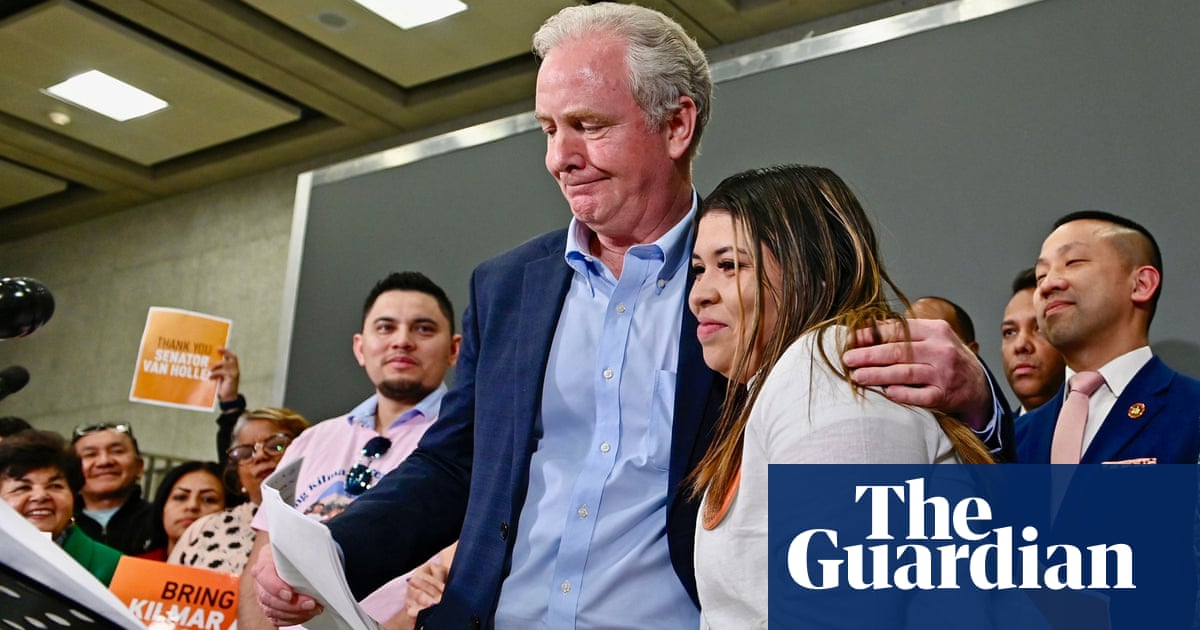I empathise with Dr Michael Duxbury (Letters, 29 December), but no amount of empathy will increase the chances of his mother, or anyone else’s loved ones, becoming eligible for continuing healthcare (CHC). Excuse the flippant tone, but having worked in the health and social care sector for more than a decade, I had always hoped that a proper integration of health (NHS responsibility) and social care (local authority responsibility) would eradicate this ridiculous framework.
CHC is a funding stream administered by local integrated care systems (ICSs), whereby people who have a primary need for healthcare (not social care) will have their entire package of care paid for by the NHS. Unlike social care, there is no assessed charge to the person for this care. CHC eligibility is subject to assessment and decision-makers consider four key components of the person’s needs: nature, intensity, complexity and unpredictability. In practice, I have found that decision-making is undoubtedly influenced by an overarching need to gatekeep spending.
According to NHS Digital statistics, CHC eligibility numbers per population size have decreased between 2017-18 and 2023-24, despite evidence of greater proportions of people living with complex needs. I don’t believe the decrease is down to lower awareness of this funding stream, but a drive from the ICSs, and NHS England, to protect their purses.
The biggest farce is the amount of public money spent by local authorities and ICSs arguing about who should pay for someone’s care when their eligibility is disputed. These are complicated systems for families to navigate, which lead many to seek legal advice at a time when the condition of their loved ones may deteriorate further.
I hope one day that we will have a properly funded and joined-up health and social care system that so many of us have been advocating for for so long.
Name and address supplied
I wish Dr Michael Duxbury the best of luck in securing continuing healthcare for his mother. I share his suspicion that the system is designed to fail. A close relative is in a care home and paying almost £200 a day as he was assessed as ineligible for CHC, even though hospital staff deemed it was unsafe to provide care visits in his home because he needs 24-hour care.
When a care home became the only option, the first request for information was not about his health but his financial position. So they learned immediately that he had savings and owned his flat. From that moment on, in every meeting about CHC funding, where I spoke for him as he does not have the capacity to do so himself, it was clear that the money was the most important thing about him. In the end, I was defeated by people determined to minimise every medical problem he has.
Funding for people who need healthcare outside a hospital setting has become opaque, with council and NHS staff supporting each other in getting money out of vulnerable people. A bright light needs to be shone on the whole system.
Janet Maitland
East Finchley, London
My husband is 91 and in the same situation, I think, as Dr Michael Duxbury’s mother. I have tried three times to get CHC with no success. I do receive funded nursing care of just over £1,000 a month, but I still have to find more than £7,800 every month for his care. I understand his care home recently received CHC for two residents posthumously, which shows what a cruel system this is.
Angela Huxter
Wantage, Oxfordshire
I discovered CHC while researching my then 96-year-old mother’s entitlement to funding. Her nursing home manager said: “You can try, but hardly anyone gets it.” I tried, unsuccessfully the first time, successfully the second time. I paid more attention to her tissue-thin skin that was in danger of breaking down. That was the clincher.
Sue Leyland
Hunmanby, North Yorkshire

.png) 3 months ago
28
3 months ago
28













































